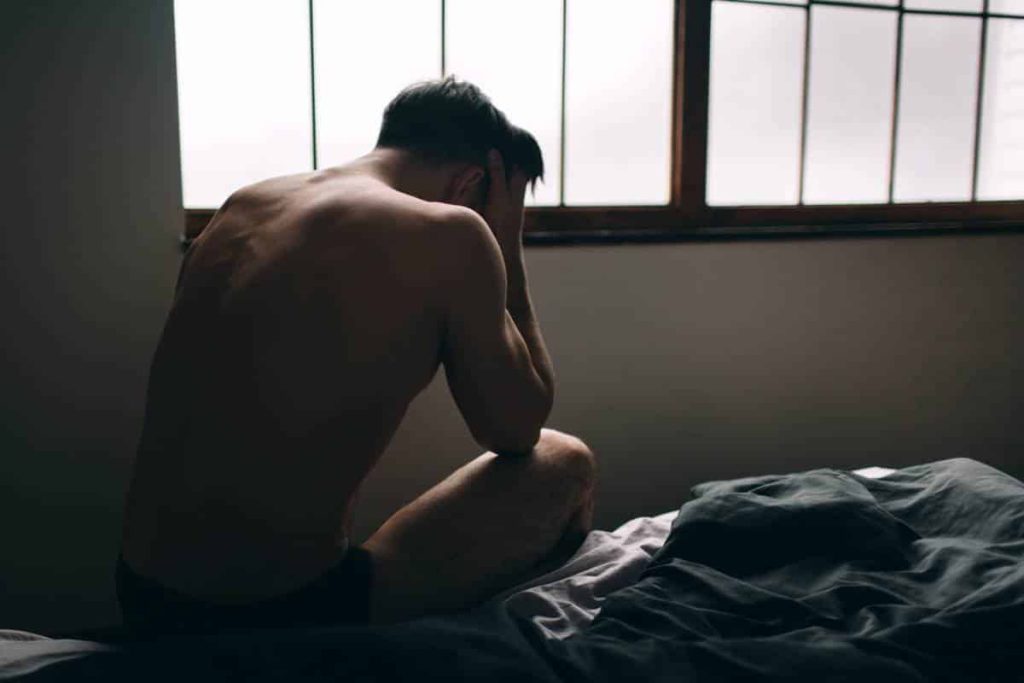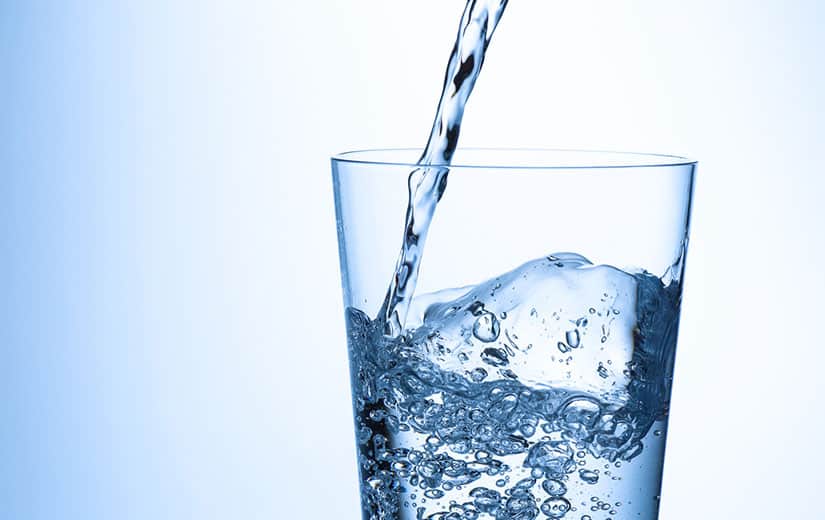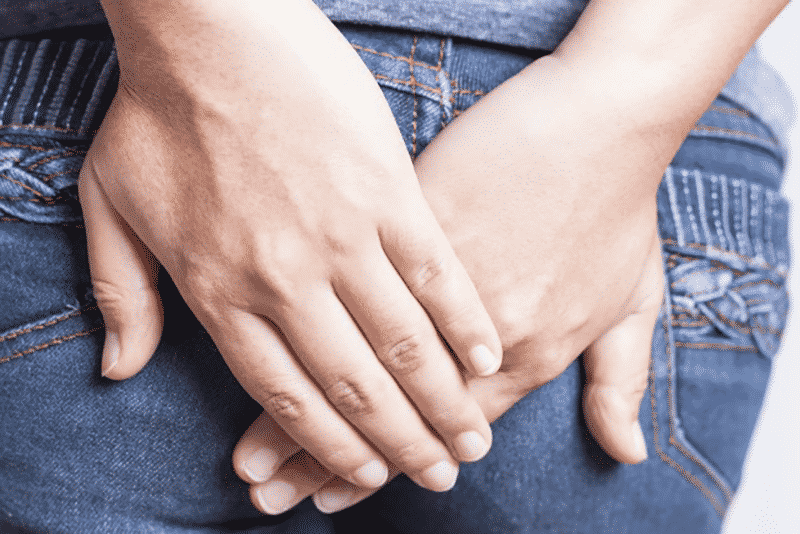Suppose we have finished eating, should we indulge in a siesta? or maybe it’s better to continue exercising after dinner while taking a walk after dinner?
Napping and walking are both beneficial to health. The choice of one or the other will depend on the person and the day. The choice probably depends on the accumulated fatigue and the amount of food consumed at noon.
The good news is that in many cases you don’t have to choose (just plan). Also, in summer, due to high temperatures, experts say that after eating it is better to take a nap.
« The sleep of the French has traditionally been biophysical, with two periods of sleep: one prolonged at night and the other brief in the afternoon (siesta). This habit coincides precisely with the two natural periods of the predisposition of sleep of the human being. Consequently, the French are the human beings who have best understood the natural configuration of the periods of sleep and wakefulness. Those who criticize the siesta show that they do not know human physiology. imposed by industrial and professional activity have modified the natural schedule and make midday sleep impossible in the event of a continuous work schedule ».
Regarding the time needed to obtain these benefits, the specialists indicate that it will also depend on each person, although he points out that an hour would be sufficient. « Some people feel very rested after a 20-minute nap and others take it up to two hours. »
What happens if we sleep more than necessary? For one thing, the longer the nap, the harder it can be to fall asleep during the night. On the other hand, it can produce a paradoxical effect that some people call feeling worse than if they hadn’t taken a nap.
When is it better to go for a walk?
150 minutes per week of moderate-intensity exercise is the World Health Organization (WHO) recommendation. Walking (as long as it is done at this intensity) can be part of this activity which should be done on a regular basis.
Some doctors specify that in the case of adults this activity can be distributed either in sessions of intense activity 3 days a week, or in 30 minutes a day of moderate activity 5 days a week, the option most followed by the majority of the population and where we would include the boardwalk.
These benefits also translate into better mental health. « We live in a society where there is a lot of stress, depression, anxiety and loneliness. Physical activity improves these situations because when we practice a sport we secrete endorphins », he adds .
However, the expert emphasizes that physical exercise is a long-term investment that must be done regularly and continuously. « It’s not worth doing a half marathon on Sunday and spending a week with a stiff upper lip. »
Finally, the specialist points out that these advantages would begin to materialize when the walk lasts more than 10 minutes.




